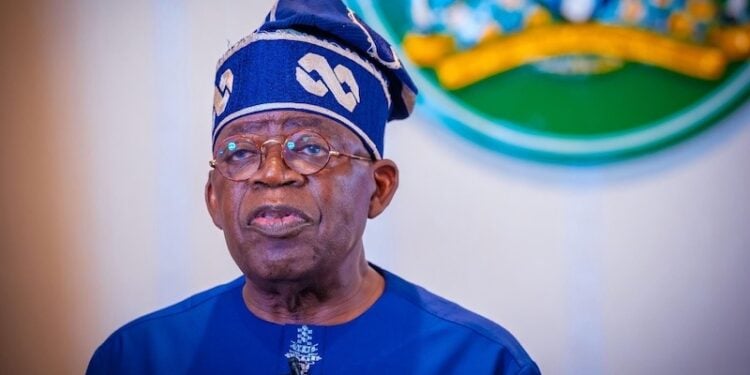Speaker of the House of Representatives, Rt. Hon. Abbas Tajudeen, has affirmed the House’s unwavering support for President Bola Tinubu’s borrowing strategy, stating that it is essential for financing critical infrastructure, stimulating economic growth and protecting vulnerable populations.
At the 8th Annual African Network of Parliamentary Budget Offices (AN-PBO) Conference in Abuja, Abbas clarified the House’s position followed recent misinterpretations of his earlier remarks on Nigeria’s debt profile.
The conference, hosted by the National Assembly and the National Assembly Budget and Research Office (NABRO), was themed: “The Role of PBOs in African Parliaments’ Fiscal Oversights: Contribution to the African 2063 Development Agenda.”
Abbas, represented by the House leader, Prof. Julius Ihonvbere, addressed media reports that suggested the legislature opposed the president’s borrowing policy.
He referred specifically to comments made during the 11th Annual Conference of the West Africa Association of Public Accounts Committees (WAAPAC), where he raised concerns over Nigeria’s rising debt-to-GDP ratio, now 52 per cent, surpassing the 40 per cent statutory threshold.
“A speech delivered by the House leader at the West Africa Parliamentary Conference was horrendously and mischievously reported out of context,” Abbas said. “The impression that the House does not support President Tinubu’s borrowing strategy is both inaccurate and misleading.”
He reiterated that the National Assembly has consistently supported strategic and responsible borrowing aligned with Nigeria’s medium-term debt strategy and global best practices.
“Like every modern economy, Nigeria must sometimes leverage credit to finance critical infrastructure, stimulate growth, and protect vulnerable populations,” he said. “What matters most is that all borrowings remain targeted, transparent, and sustainable.”
The Speaker added that under President Tinubu’s leadership, borrowed funds are directed toward transformational projects that will expand the country’s revenue-generating capacity, including power, transportation, and agriculture, rather than for recurrent consumption.
“The House stands firmly behind the President’s vision of using judicious borrowing as a catalyst for growth and poverty reduction while simultaneously strengthening oversight mechanisms,” Abbas stated.
He noted that Nigeria loses an estimated $18 billion annually to financial crimes, accounting for nearly 3.8% of the national GDP, underscoring the urgent need for strengthened parliamentary fiscal oversight.
On a continental scale, Abbas warned that Africa loses over $587 billion yearly due to corruption, illicit financial flows, and systemic inefficiencies.
“Africa is at a crucial crossroads,” he said. “With over 1.4 billion people—about one-sixth of the global population—our continent is brimming with potential, but the path to achieving the Agenda 2063 goals remains challenging.”
The African Network of Parliamentary Budget Offices (AN-PBO) chairperson, Prof. Dumisani Jantjies, warned that African economies remain vulnerable to external shocks, including volatile capital flows, global trade disruptions, and climate change.
He praised the role of Parliamentary Budget Offices (PBOs) in promoting fiscal transparency, policy accountability, and evidence-based decision-making, stressing their importance in achieving the African Union’s Agenda 2063.
“Our mandate is to provide legislatures with credible, non-partisan, evidence-based analysis to enable informed fiscal decisions,” Jantjies said.



